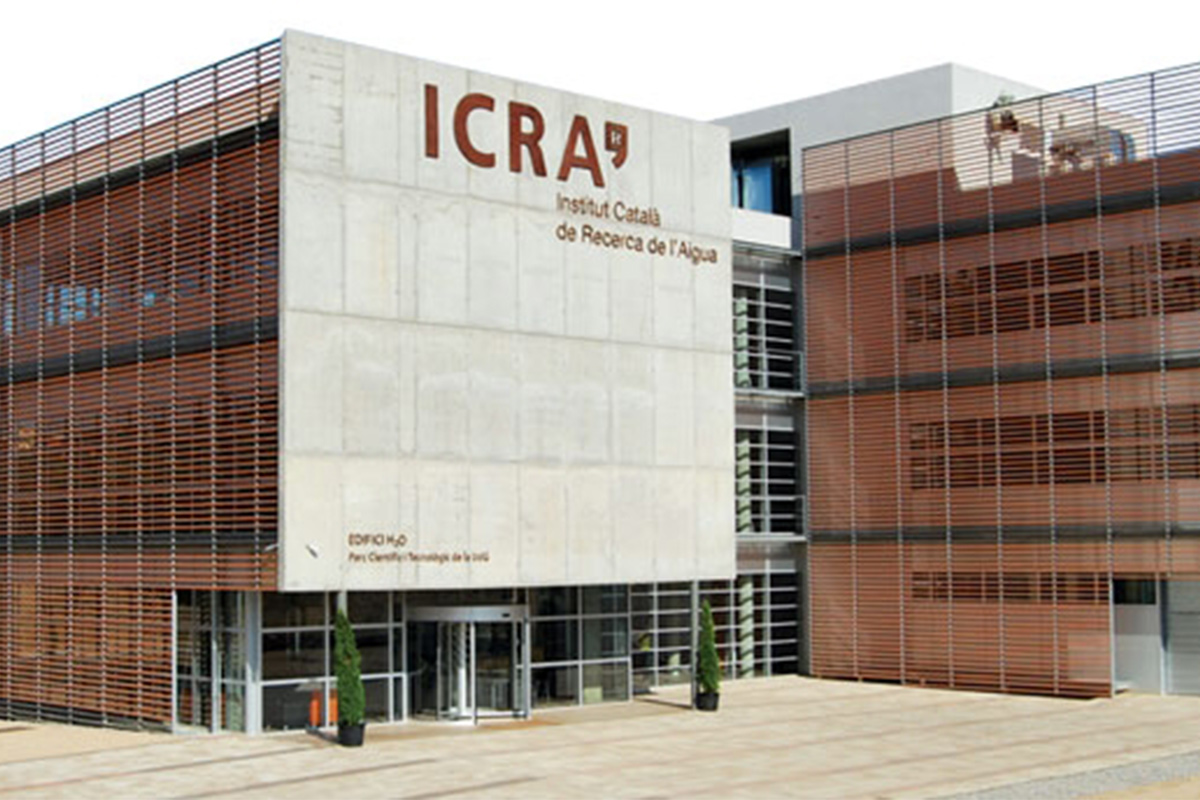ICRA projects GDP to dip 6.5% YoY in Q2FY25
It said, this is due to the heavy rains and weak margins offsetting the buoyancy injected by the turnaround in Government capital expenditure and healthy trends in kharif sowing.
The government’s Rs. 2.87-lakh crore allocation to the Jal Jeevan Mission (Urban) scheme and the addition of 100 more districts to the city gas distribution network would also provide a fillip to steel pipe sales, ICRA said.

Domestic steel consumption would receive a boost from the government's continued thrust on infrastructure with a 26 per cent higher capital outlay. (Photo: IANS)
Government’s proposal to reduce import duty on steel products in Budget 2021-22 would make their imports more competitive and in turn exert near-term pricing pressures on domestic steelmakers, rating agency ICRA said.
In its report on implications of duty changes on the steel industry, the agency, however, said that domestic steel demand may remain favourable in the coming months on the back of several positive announcements made in the Budget and this in turn is likely to keep domestic steel prices buoyant unless the international prices correct significantly from the current levels.
“The reduction in duties will not affect imports from countries like South Korea and Japan, with which India has a Free Trade Agreement (FTA). However, imports from China and other non-FTA countries would become more cost-competitive now. Chinese export HRC prices have already witnessed a 10 per cent drop in January 2021 due to lower domestic demand during winter months of November-March, and at current prices, the landed HRC prices from China at new duty rates are trading at a 10 per cent discount to domestic HRC prices,” said Jayanta Roy, Senior Vice-President & Group Head, Corporate Sector Ratings, ICRA.
Advertisement
“Therefore, everything else remaining the same and considering the lead time of about two months for the imports to arrive at the Indian shores, domestic HRC prices could correct by up to 10 per cent by end-March 2021 to align with the international prices and remain competitive in the domestic market,” he added.
The budget action to cut duties followed a steep increase in domestic steel prices. Domestic hot-rolled coil (HRC) prices rose about 54 per cent during July-December 2020 from end-June 2020 level of Rs. 36,250 per tonne on the back of a strong recovery in the domestic demand and a similar 56 per cent increase in international steel prices. While the prices increased further in January 2021 to touch a record of Rs. 58,000 per tonne, resistance from the end-user industries led to a roll-back in prices, which are currently trading at Rs. 56,000 per tonne.
To protect the interests of the end-user industries of steel from such elevated steel prices, the government, as a part of the Union Budget 2021-22, announced a reduction in custom duty on flat steel products to 7.5 per cent from 12.5 per cent and on long products to 7.5 per cent from 10 per cent earlier.
As per the report, domestic steel consumption would receive a boost from the government’s continued thrust on infrastructure with a 26 per cent higher capital outlay, while the secondary steel producers would benefit from the improved scrap availability and lower input costs on the back of proposed doubling of the ship-breaking capacity by FY2024 and a duty reduction on steel scrap till end-FY2022.
The government’s Rs. 2.87-lakh crore allocation to the Jal Jeevan Mission (Urban) scheme and the addition of 100 more districts to the city gas distribution network would also provide a fillip to steel pipe sales, ICRA said.
Additionally, domestic steelmakers stand to gain from the urban infrastructure push in the form of a 175 per cent increase in capital allocation to Metro Rail infrastructure in multiple cities and launch of a new scheme to bolster public bus transport services, at a cost of Rs. 18,000 crore.
“Short-term reduction in steel prices is expected to be more than counterbalanced in the medium term by a sharp increase in infrastructure spending by the Government and its effect on the domestic steel demand,” Roy said.
Advertisement